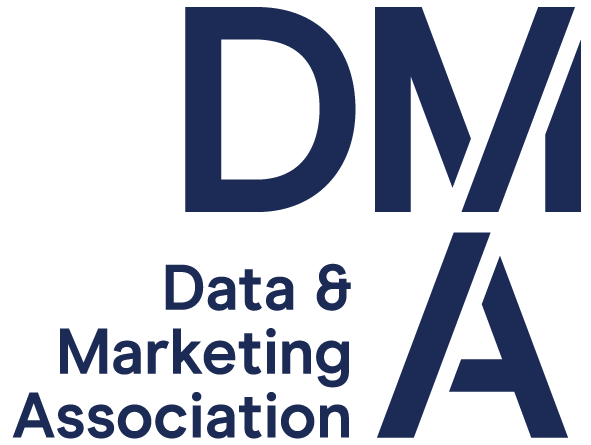At Air, we pride ourselves on our honest and transparent approach towards our customers. We want those who we work with to succeed and so we keep nothing from you, you can have as much or as little involvement in your campaign as you would like. As one of Air’s Account Directors, I sit down with our prospective and retained clients, making sure to spend time with them in order to create the right strategy for their budget and business goals. But also, I want to ensure that clients understand that developing returns on their investment takes time. Markets are saturated with new businesses and whilst outsourcing telesales is a step in the right direction, clients shouldn’t expect a quick fix. The clients that I work with are often looking to invest in a long-term telemarketing campaigns, have long sales cycles and therefore need to understand that telemarketing does not instantly create ROI.
Despite this level of client engagement, when it comes to the end of the first month I sometimes find that clients have concerns if they haven’t yet closed a big deal or aren’t yet receiving high ROIs. Whilst I understand that clients put a lot into their businesses and obviously want them to be a success, it seems that often people forget that success isn’t always instant. More often than not, it pays to be patient.
It is for this reason that, as part of our business proposals, myself and the other Account Directors at Air recommend a long-term commitment after the initial 3-month trial pilot period. During this pilot period, the outcomes teach us learning’s about the business’ message, the target audience, the objections and the sales cycle of a client. This time is essential for a business, it allows us to test the messaging of the campaign, the data we receive and actually get hold of the right people for the client – all of which takes time if done right.
We don’t want our clients to stress or be kept in the dark, which is why we have created our unique client portal, where they can have a clear view of their campaigns progress – our clients are able to follow the peaks and falls of their entire campaign and see the feedback or objections we receive. It is most important to listen to this information in the beginnings of a campaign and not be overly concerned if sales are slow to begin with, as brand and business development should be nurtured not rushed. By considering this information, we are then able to use it to adapt the campaign and help it develop with momentum in the long term to generate the client impressive ROIs. After all our average campaign ROI is £18 for every £1 spent, so your investment is in good hands.
Opinion Piece by Keryn Seal, Account Director, Air Marketing Group





